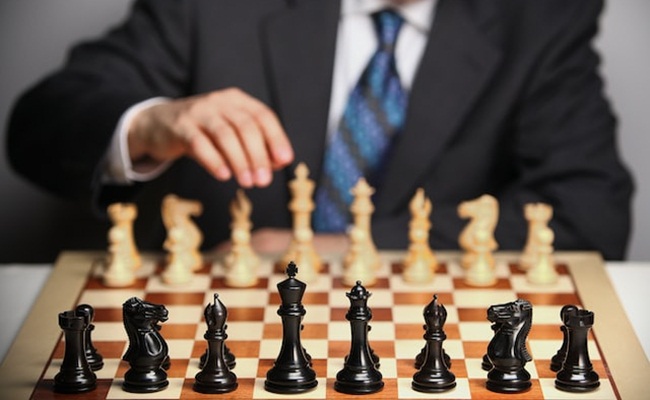In today’s article, we tell you about the benefits of chess for children and the best tips for children to improve their chess skills quickly.
Chess is undoubtedly one of the best educational and playful alternatives to boredom, or also to prevent children from spending the whole day in front of a computer screen or mobile phone. For this, it is essential to have a chess coach who transmits the passion for chess to the children.
In today's article, we tell you about the benefits of chess for children and the best tips for children to improve their chess skills quickly.
What are the benefits of chess for children
Logical skills
Chess helps to develop the player's logical skills. Like all strategy games, in fact, it helps the player to be able to solve real problems as they arise, learning to reshape the solutions in a short time and based on the moves put in place by the opponent.
Concentration
Concentration is key when playing chess. Because you must always be aware of your opponent's moves, prevent them, block them. Getting distracted can be fatal and, ultimately, the one who manages to maintain the level of concentration for the longest time is more likely to win.
Teaches respect for the rules
Like many games, chess is based on very strict rules that must be known and respected, while learning to respect your opponent. Cheating in chess is impossible. And luck is not an element of the game (as it might be in most card games).
Behavioural skills
Rationality, self-control or quick thinking are key elements in achieving victory. Chess helps to increase these skills by strengthening them.
Teaches patience
A game of chess is slow and can last several hours. Patience is tested several times (you should not be in a hurry to win, but have patience while your opponent plays and know how to wait for your turn). Few games like chess contribute to a total and immediate increase of this talent that seems to be absent in the new generations.
Develops memory
Remembering the moves played and what the opponent did helps not to lose the thread of the game and not to have to reinvent a strategy from scratch every time. In addition, chess helps to improve visual memory, which together with the ability to concentrate and the development of logical thinking are key elements for success.
Increases self-esteem
The chess player must have confidence in himself. He must start from the assumption that he has all the tools to support the game and achieve victory. He must believe in his ability to solve a problem.
The infallible tricks to make children learn fast
1. Be clear that children learn by watching rather than listening
Sometimes, from our adult mentality, we pretend to give a master class to the little 5 year old child, when they barely have the capacity to understand us or, worse than that, they are not even going to pay attention to our speech. Although we teach them in schools, children learn to read and write without being specifically taught, and with chess this is also the case. Children learn by watching. Keep this in mind when you explain something to a child!
2. Show them the way without correcting them
It is much more positive, fruitful and stimulating to explain to a child the right way to do things than to show him what he is doing wrong. By learning how to do things right, we stop doing things wrong; we should not focus so much on the mistake as on the right alternatives.
3. Use illusionism
You may be surprised by this trick, but I can guarantee excellent results. Using magic items to make small pieces disappear, change their colour, or any other effect you can think of, will allow you to capture the child's attention powerfully. Use your creativity and get to work!
4. Use hyper-simplified language
Use simple words, without subordinate phrases and without a hint of complexity. Explain things in a super simple way. In other words, remove any unnecessary ornamentation or rhetoric from your language – you're not giving a Nobel Prize speech!
5. Don't forget the secret power of chocolate
Next to the use of illusionism, no trick has worked as well as using chocolate in the classroom. You can use dark chocolate and white chocolate and substitute some pieces so that the eater can devour the chocolate. The chocolate, having the same colour as the chess pieces, provides a diversity of options that are very useful in didactic practice.
6. Teach the magic wand game
All children know what a magic wand is, and they know stories and fables in which a wand is used to turn one character into another or a prince into a frog. Well, this element can be used to "turn" the child into a teacher by breaking the dynamics of the classroom. There is no better way to learn than by teaching. He will love it for sure.
Tatiana is the news coordinator for TravelDailyNews Media Network (traveldailynews.gr, traveldailynews.com and traveldailynews.asia). Her role includes monitoring the hundreds of news sources of TravelDailyNews Media Network and skimming the most important according to our strategy.
She holds a Bachelor's degree in Communication & Mass Media from Panteion University of Political & Social Studies of Athens and she has been editor and editor-in-chief in various economic magazines and newspapers.




























































































































































































